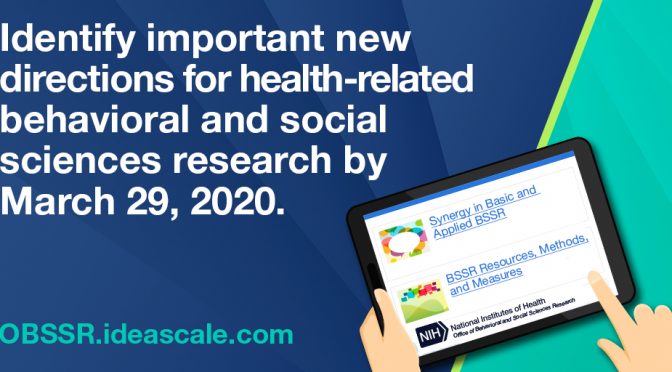
Recording | Donald Edmondson, PhD Presents The Role of Mechanism Discovery and Targeting in the NIH Stage Model
Overview: The need for effective behavioral interventions has never been greater, but existing interventions yield weak and/or difficult to replicate effects. Further, implementation of behavioral interventions at scale is rare, and may further dilute intervention effects. The NIH Stage Model provides a framework for guiding intervention development from early phase discovery through large scale implementation, and the NIH Science of Behavior Change (SOBC) program has articulated a rigorous method for incorporating the underlying mechanisms of behavior change at each stage of intervention development. This talk will discuss how the two frameworks for research complement each other, and how individual researchers can adopt practices that will yield more powerful, replicable, and informative interventions.







